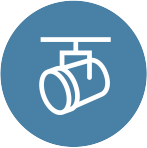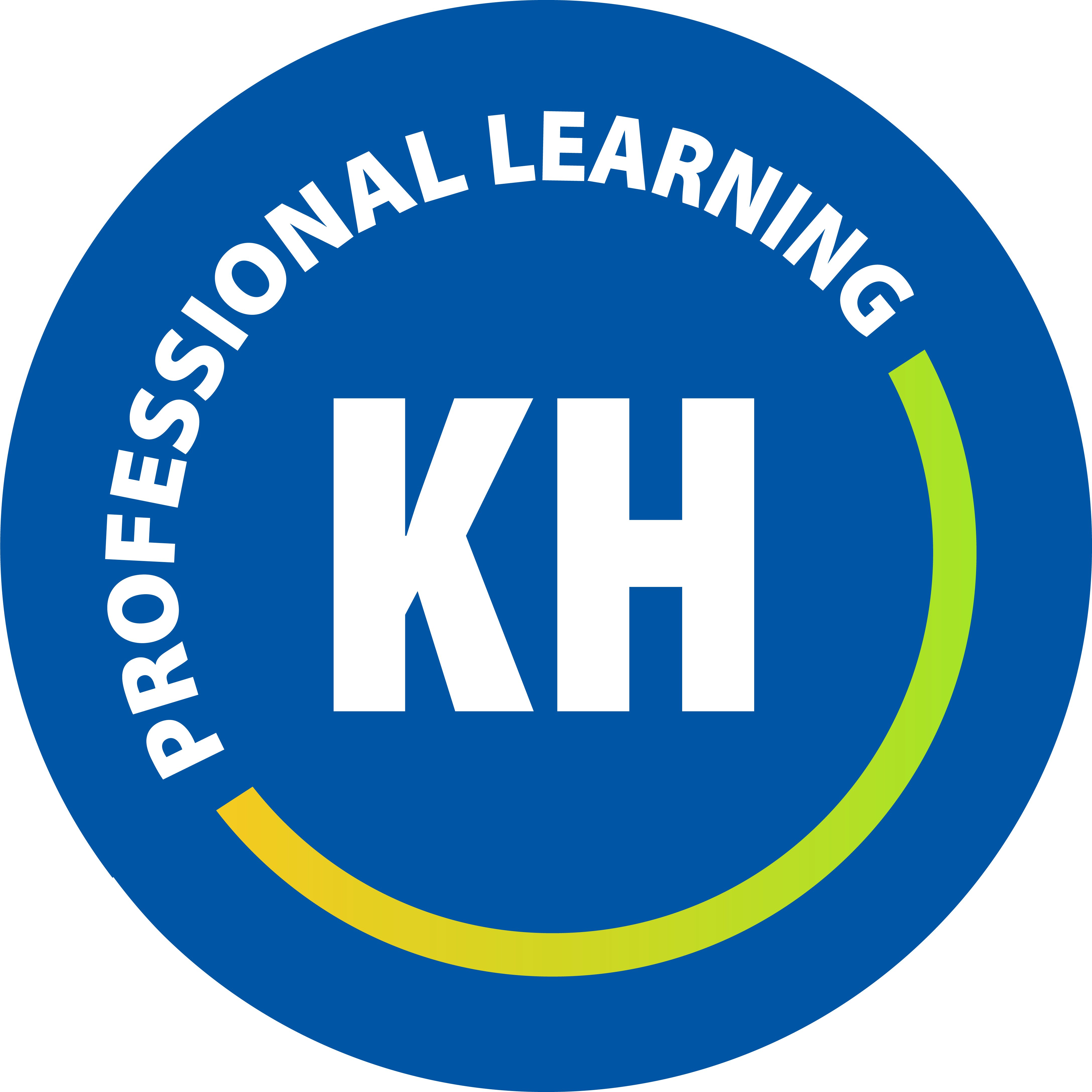William & Mary Gifted Science Curriculum
Grade Levels: Elementary, Middle School
OVERVIEW
The William & Mary Gifted Science curriculum features ambiguous, problem-based learning scenarios. As active investigators, students must take on the role of scientists to solve problems through scientific inquiry. Advanced, in-depth content and a connection to an overarching concept, such as systems, are also emphasized in all unit materials.
Advanced content is infused within the science curriculum to help students develop expertise in science based on research standards. For example, the National Research Council (2005) has outlined three key practices for developing expertise in science. These are included within the William & Mary science units: 1) address preconceptions and concepts by connecting the content to the outside world and outline appropriate content and understanding; 2) engage students in practice as to what it means to “do” science through inquiry and investigation; and 3) encourage metacognition and reflection through guided teacher feedback, student discussion, and personal reflection. Unit content has been aligned to national standards and meets national grade level standards as well as standards for grades that are two to three levels above the current grade.
Goals for science units include the following process and concept goals in addition to essential understandings of specific content areas:
1) To understand the concept of systems or change
2) To understand and apply the basic principles of experimental design and investigation, and
3) To develop reasoning skills with real-world applications to science.
Problem-based learning is a primary vehicle to help students develop scientific understanding in an in-depth, sophisticated way, by experiencing the processes and tools a scientist may use when presented with a difficult problem. The William & Mary science units introduce real-world problems to initiate scientific investigation. All units incorporate a problem-based learning scenario as the catalyst for initiating the discussion of content and scientific investigation.
Students not only focus on specific content learning in science, but they also develop scientific investigation skills as a way to develop the thinking skills of a scientist. Students pose questions, then conduct experiments to answer those questions. They also identify independent and dependent variables, constants, and controls as a guide for quality investigations.







